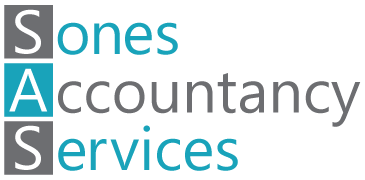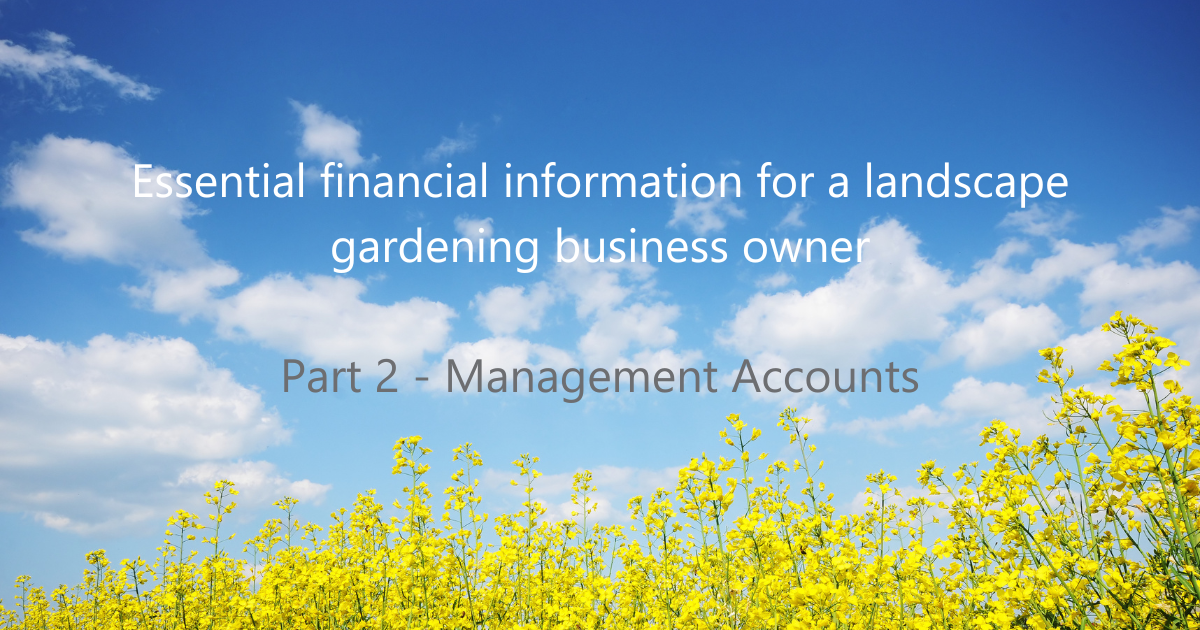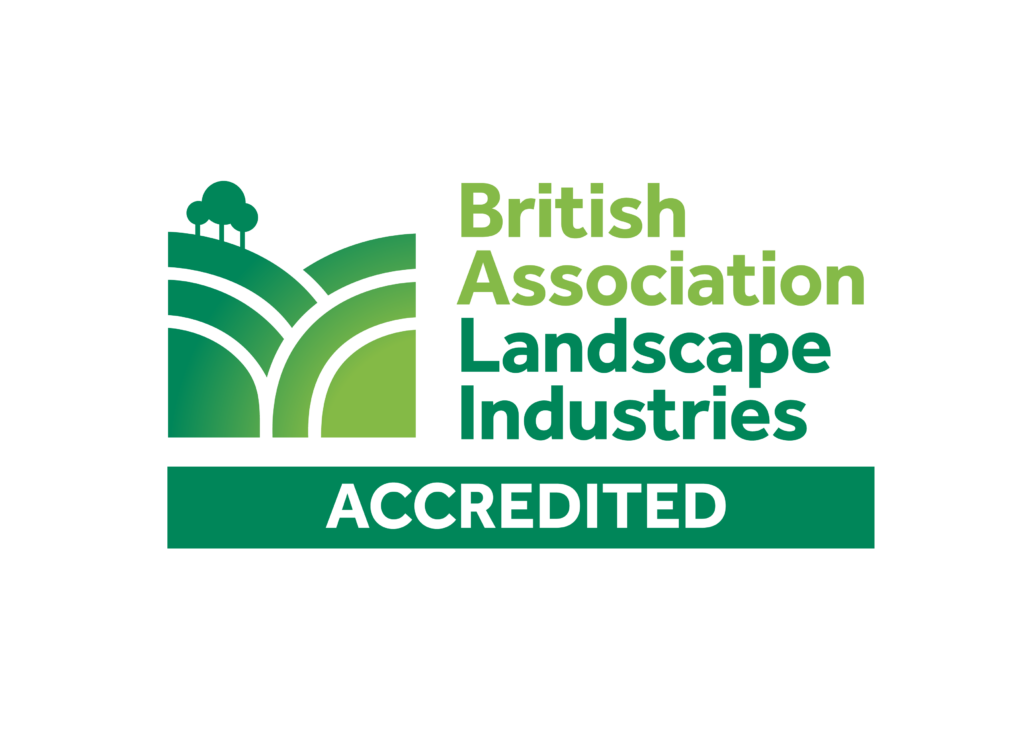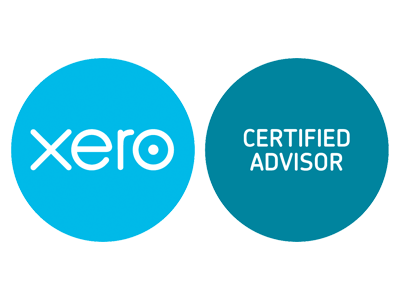I am attending a 12-week management training programme at the moment which is proving very helpful and insightful. In fact, I have implemented already some of the recommended practical tools aimed at improving the management of my daily and weekly workload. My team have introduced the same suggested way of working and are benefitting from planning their work in a more organised way. I feel more in control and aware of what is going on in my business now. This management programme is being delivered by Nick Ruddle, in partnership with ActionCOACH. I highly recommend it!
In the short space of time since the management training programme started, I can see the efficiency that is being created in my business. This encouraged me to think about the different ways that good management practices can help increase the profit of a business. In the dynamic and competitive landscape of modern businesses, the role of effective management cannot be overstated. A well-managed business not only navigates the challenges and complexities of the market but also harnesses opportunities to maximise its bottom line. Good management practices can contribute to increased profit in specific ways:
Effective Project Planning
Efficient management involves proper planning and organisation of landscaping projects. This includes assessing client requirements, estimating costs accurately, and creating realistic project timelines. Well-planned projects minimise delays, cost overruns, and rework, leading to higher profitability.
Skilled Workforce Management
Managing a team of skilled landscapers efficiently is essential for maximising productivity and profitability. Effective management involves hiring and training competent staff, assigning tasks effectively and fostering teamwork. This ensures that projects are completed efficiently, and client expectations are met, resulting in satisfied customers and increased profitability.
Smart Resource Allocation
Good management in landscape gardening businesses involves optimising the allocation of resources such as labour, equipment, and materials. By tracking resource usage, minimising waste, and leveraging economies of scale, managers can reduce costs and improve profit margins.
Effective Supplier Management
Landscape gardening businesses rely on suppliers and vendors for materials, plants, and equipment. Good management involves negotiating favourable contracts, maintaining strong relationships, and exploring cost-effective options. This can result in better pricing, timely delivery, and improved profitability.
Marketing and Customer Acquisition
Efficient management includes strategic marketing efforts to attract new customers and expand the client base. This can involve targeted advertising, online presence management, and networking within the industry. Effective marketing efforts can lead to increased project opportunities, higher revenue, and improved profitability.
Ongoing Client Relationship Management
Strong management emphasises building long-term relationships with clients. This involves effective communication, addressing client concerns promptly, and delivering high-quality work consistently. Satisfied clients are more likely to provide repeat business and refer the landscaping business to others, contributing to increased profitability.
By implementing these management practices, landscape gardening businesses can enhance project planning, workforce management, resource allocation, supplier relationships, marketing efforts, and client relationships. These factors collectively contribute to increased profitability in the industry.








